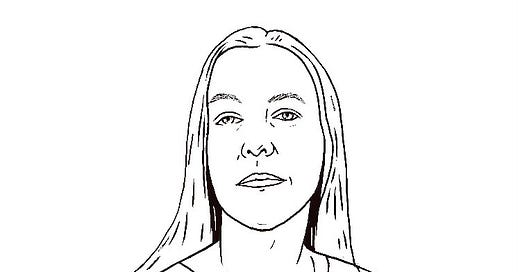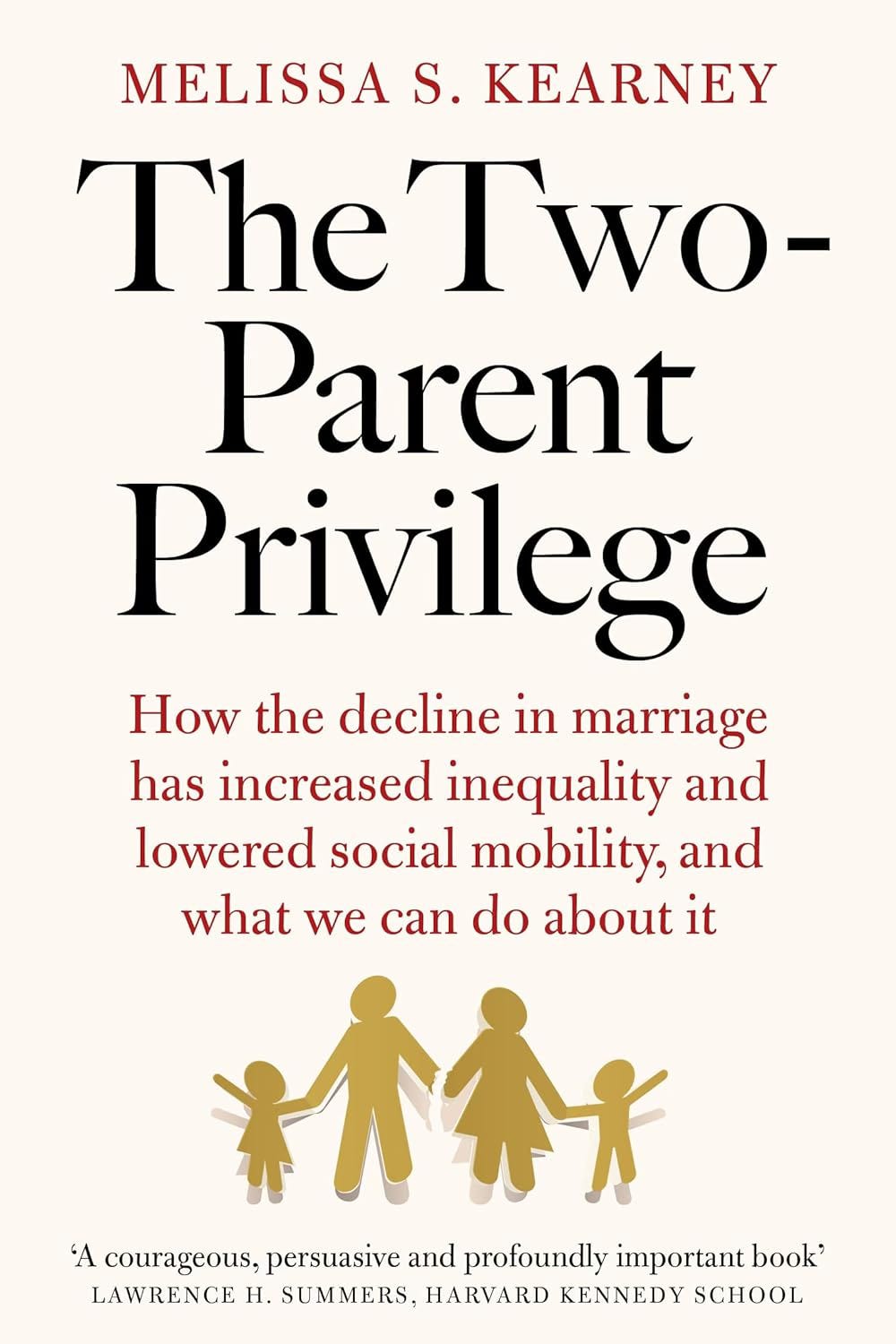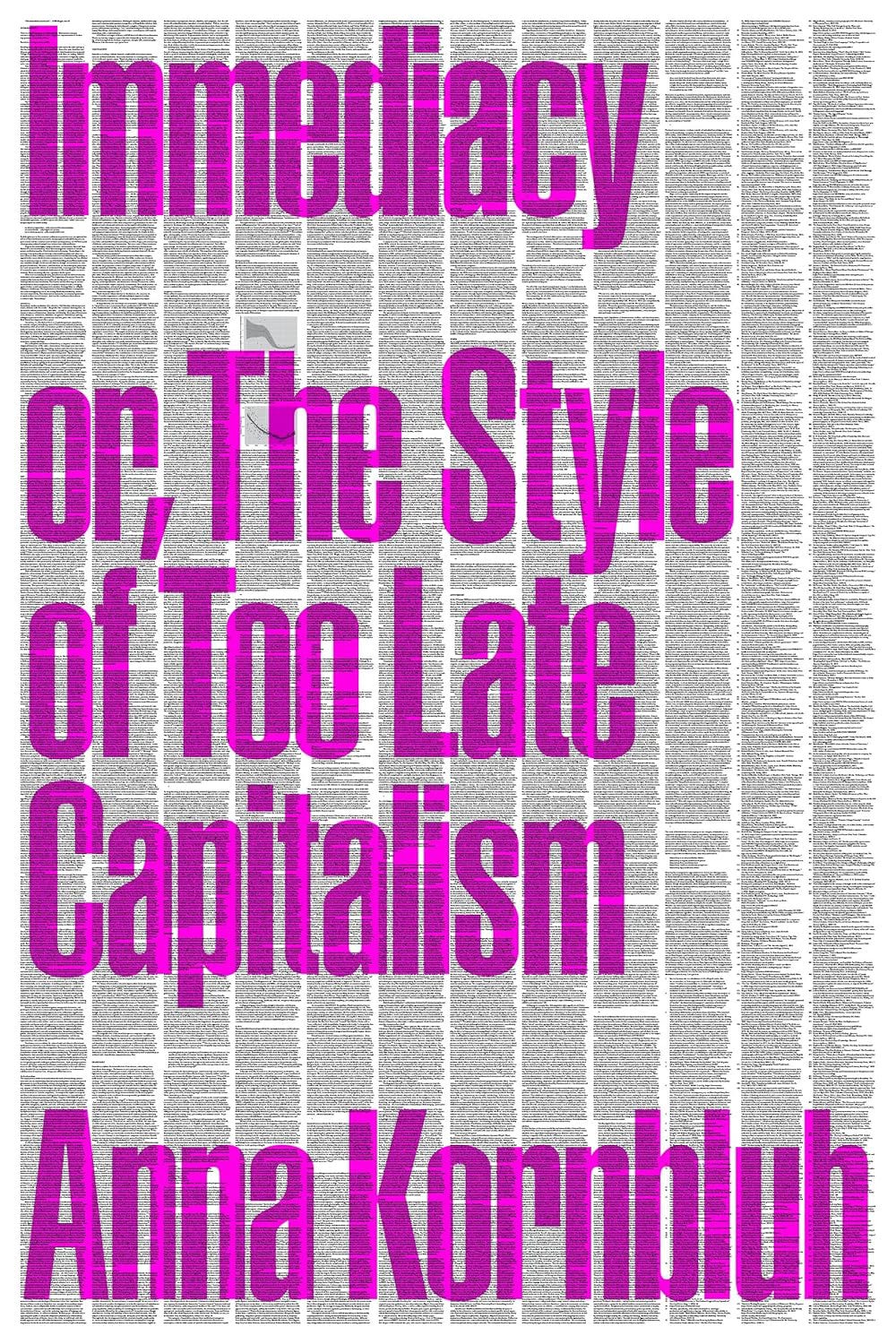Our first episode of the Blame Theory podcast, on deconstruction, was recorded live with Avital Ronell at KGB Bar in Lower Manhattan. That will be out very soon—stay posted!
Meanwhile, Spring continues apace, with daffodils everywhere and over-excited pigeons pestering each other. The sun gets close enough to provide vitamin D again, and there is a renewed desire to enter into the second half of what Kant described as our “unsocial sociability”—our paradoxical desire to both be around others and, at the same time, to withdraw. Without antagonism, rivalry, and the desire to be respected by our peers, little would be done. At the same time, as Pascal noted, “all the evil in the world stems from man’s inability to sit still in a room.” But sitting still in a room these days often means doom-scrolling and watching Netflix documentaries, a kind of low-level passivity, rather than active, if quiet, contemplation.
As the lockdowns made clear, social life is never without risk. I don’t mean in the sense that we might “catch something” from each other at the physiological level, but because there is an unpredictability even in the most stable of friendships. More positively, we might “catch something” from the other in terms of ideas, provocations, or criticism that will spur us on to think differently when we are alone again.
Latest pieces in Compact
This week, we kicked off with Rob Lester, who teaches economics at Colby College, reviewing Melissa Kearney’s important new book, The Two-Parent Privilege (I also recently reviewed Kearney). Lester frames Kearney’s argument that “the inability or unwillingness to maintain a strong social norm of marriage has done harm to countless children” in the context of Daniel Patrick Moynihan’s 1965 report (commonly known as “the Moynihan report”) on the state of the black family. Via Kearney’s serious statistical work, Lester reframes Moynihan’s at-the-time-controversial insights regarding the social and cultural aspect of single-parent families. This is useful recent history, and a reminder that what is the case may often not match what we would like to be the case: Is it better that we know how things are? Undoubtedly.
Nathan Pinkowski in “Clear Pill for the Deep State” takes a deep look at the murky military bureaucracies and intelligence agencies that are often referred to as “the Blob.” Pinkowski argues that, despite what we might imagine as the bellicose intentions of the secret state, it is, in fact, intending, as it has for a long time, to concede defeat over Ukraine. Pinkowski notes that, in the wake of the managerial revolution, “government bureaucracies and the companies to which they are conjoined are deeply embedded within the state and society. The two have been effectively fused together. They are no longer socially disruptive actors.” The deep state is more concerned with preserving the status quo than generating disruption at home and abroad.
In “The Democrats’ Knowledge-Economy Bust,” Musa al-Gharbi returns to the topic of the professional classes who “traffic primarily in data, ideas, rhetoric, and images instead of physical goods or services.” These people—in which we writers, editors, and academics are, of course, included—are, he notes, “really strange,” insofar as our obsession with symbols and politics itself puts us at odds with the vast majority of ordinary people, whose skew “more conservative on culture and symbolism” (i.e. they tend to support “patriotism, religiosity, national security, and public order”) and more left on economic measures (most people favor “robust social safety nets, government benefits, and infrastructure investment via progressive taxation”). That the Democrats feel the need to appeal to noisy but unrepresentative knowledge-economy workers is to their electoral detriment. Al-Gharbi predicts that, if Trump wins, the analysis will ultimately be “that the Democratic Party went ‘all in’ catering to the cultural preferences of knowledge-economy professionals after 2010 in ways that alienated most other voting blocs, including poor and working-class people and minorities—the very ‘marginalized and disadvantaged’ populations that ‘social-justice’ advocates often purport to champion.”
In “Too Late for ‘Late Capitalism,’” Kyle Baasch reviews Anna Kornbluh’s new book, arguing that with the invocation of “late capitalism,” in Kornbluh’s book and elsewhere, “contemporary scholars of culture are late to the conversation; they rummage through the annals of modern intellectual history as though it were a junkyard of scrap terminology, refurbishing concepts that no longer possess a living connection to reality.” By returning to Werner Sombart, the German historian and economist who coined the term, Baasch skilfully restores its meaning and possible use, sidestepping the abuses of contemporary theory, which often consists in a “smokescreen of neologisms.”
Tom Schaller and Paul Waldman’s White Rural Rage: The Threat to American Democracy gets similarly taken apart by Hamilton Craig, whose opening question, “Why does a book like this exist?”, is both funny and serious, and a question we should all ask ourselves whenever we start reading a new text or, heaven forfend, writing one. The metropolitan elite have long mocked their rural cousins, and Schaller and Waldman’s book is no exception. As Craig notes: “If and when a new rural political movement on the order of the People’s Party develops, it will probably grow out of the ferment surrounding Trump. Because of this, it will probably bear a significant family resemblance to MAGA-ism. It will seek to make a reality of the kind of renewal that Trump has only promised. Like every rural movement in American history, it will provoke scorn, fear, and disgust among urban Americans.”
I grew up in the Wiltshire countryside surrounded by farms and farmers, and moved to a series of smaller and larger cities for education and work. Craig is right to pinpoint the urban arrogance of those who would dismiss the concerns of people who make our food and work on the land. Perhaps the Countryside Alliance will become a more dominant political force in Britain once again, who knows.
Finally, we published Mark Episkopos on the end of unipolarity: “The system of American primacy is becoming structurally untenable. The unipolar moment was made possible by America’s massively outsized relative power as compared to all other actors in the international system. This state of affairs was bound not to last.” What comes next? The future needn’t be terrifying. Episkopos suggests that “a more diffused balance of power would unlock new geopolitical opportunities that America, as a natural offshore balancer with tremendous latent advantages, is uniquely positioned to exploit.”
Nina Recommends
This week I watched Xavier Beauvois’s 2010 Of Gods and Men, which recounts the true story of Trappist monks in Algeria who chose to remain at their monestary despite the threat of militant Islamists during the Algerian civil war of 1992-2002. Seven of the monks are eventually kidnapped and murdered in obscure circumstances (the final scene shows them being marched into the snow and fading to white). It is a beautiful and tragic film, pitting one model of faith (contemplative, charitable, situated) against another (active, violent, political). The letter read at the end, based on the real testament left by Dom Christian, who heads the monastery (I post an excerpt of the film’s version here):
I know the contempt felt for people here indiscriminately. And I know how Islam is distorted by certain Islamism. This country, and Islam, for me are something different. They’re a body and a soul. My death, of course, will quickly vindicate those who called me naive or idealistic, but they must know that I will be freed of a burning curiosity and, God willing, will immerse my gaze in the Father’s and contemplate with him his children of Islam as he sees them. This thank-you, which encompasses my entire life, includes you, of course friends of yesterday and today and you too, friend of the last minute, who knew not what you were doing. Yes, to you as well I address this thank-you and this farewell which you envisaged. May we meet again, happy thieves in Paradise, if it pleases God the Father of us both. Amen. Insh’allah!
Until next week—Nina







